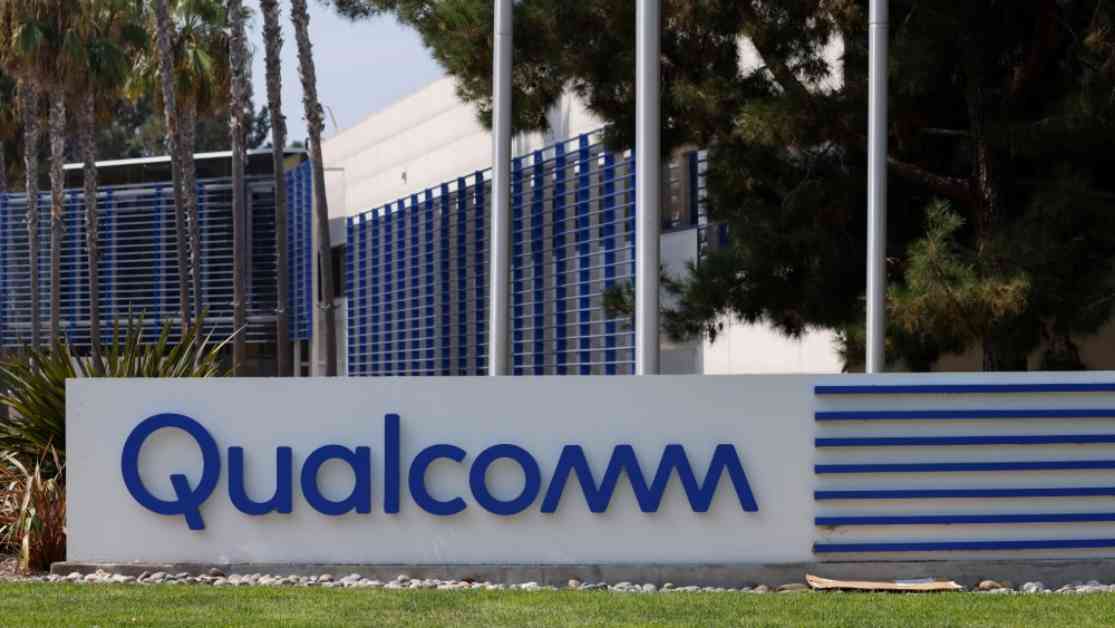Qualcomm, the San Diego-based wireless giant, is considering a potential acquisition of struggling chipmaker Intel. While this deal could accelerate Qualcomm’s diversification, it may also burden the smartphone chipmaker with a loss-making semiconductor manufacturing unit that could be challenging to turnaround or sell, according to analysts.
If this acquisition were to happen, it would face rigorous antitrust scrutiny globally as it would bring together two significant chip firms in what could be the biggest deal in the sector’s history. Intel’s market value has fallen below $100 billion for the first time in three decades, making it a potential target for Qualcomm, which has a market value of about $190 billion.
Intel, once a dominant force in the semiconductor industry, is currently facing challenges as losses mount at its contract manufacturing unit. The company has been looking to challenge TSMC in the semiconductor manufacturing space but has been struggling to keep up. On the other hand, Qualcomm, known for its chips in smartphones, has been trying to expand beyond its mainstay business into industries such as automotive and PCs.
However, Qualcomm’s lack of experience in chip manufacturing could pose a challenge if they were to acquire Intel’s foundry business. While Intel designs and manufactures its chips, Qualcomm has always relied on contract manufacturers like TSMC. Intel’s foundry business, which recently named Amazon as its first major customer, is seen as crucial to Washington’s goal of growing domestic chip manufacturing.
Some analysts suggest that Intel may prefer outside investments in its foundry business rather than a sale. Apollo Global Management has reportedly offered an investment of up to $5 billion in Intel. Qualcomm could also explore buying specific parts of Intel’s business, such as its PC design unit, instead of acquiring the entire company.
Overall, the rumored deal between Qualcomm and Intel presents an interesting opportunity for both companies, but the challenges and complexities involved in such an acquisition are significant. It remains to be seen how this potential deal will unfold and whether it will come to fruition in the highly competitive semiconductor industry.


